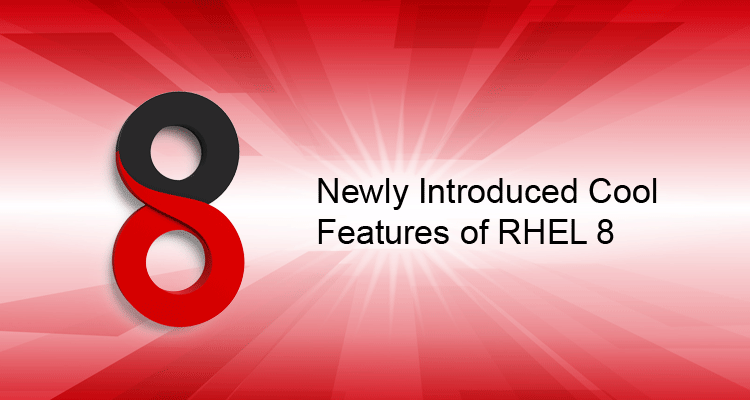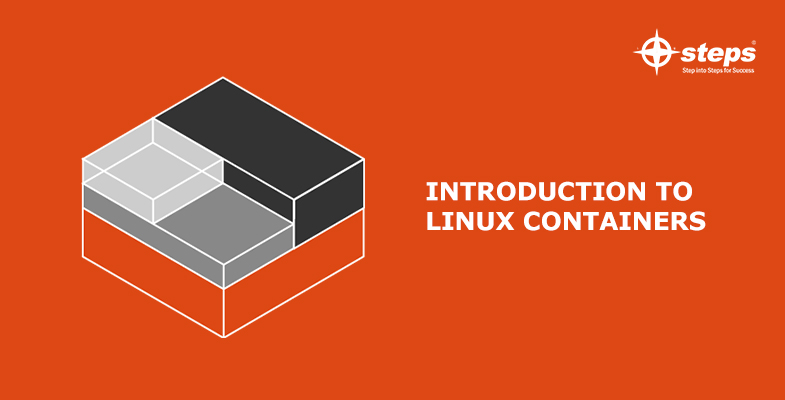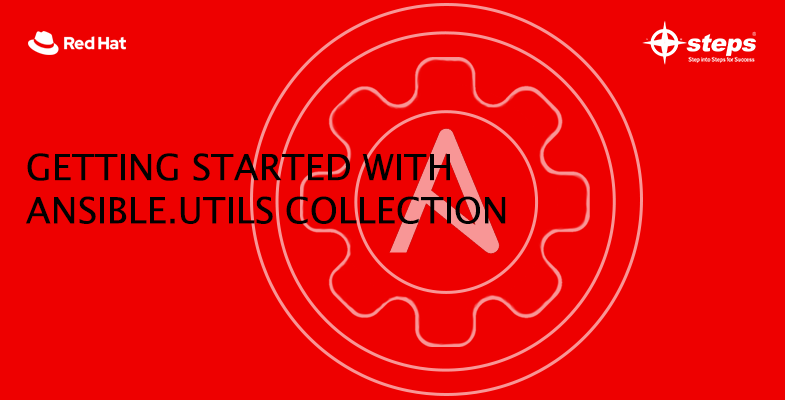Newly Introduced Cool Features of RHEL 8

Red Hat Enterprise Linux 8 or RHEL 8 is released in May 2019. Red Hat System Administration III: Linux Automation (RH294) is designed for Linux system administrators and developers who need to automate provisioning, configuration, application deployment, and orchestration. New features of RHEL 8 benefits include faster and more consistent delivery and deployment.

Kernel and Hardware support
RHEL 8 is running on kernel version 4.18 and based on fedora 28. RHEL 8 now supports early kdump compared to previous versions in which kdump was not able to capture crash information early. eBPF based programs and maps can be reported using sosreport. Support for 5-level paging now, that is fantastic feature for memory hungry applications or softwares, because it enables RHEL 8 to support up to 4PB of physical memory. Supported CPU Architectures are:-
- AMD and Inetl 64-bit architectures
- The 64-bit ARM architecture
- IBM Power Systems, Little Endian
- IBM Z
Software Management
RHEL 8 package management tool yum is now based on DNF (Dandified Yum) technology. RPM version 4.14 is distributed in RHEL 8 and RPM now validates the package content before starting the installation. The main features of new Package Management are:-
- Excellent performance
- Support for modular content
- Well-designed stable API for integration with tooling.
Content Distribution
RHEL 8 has two modes of content distribution and will only need two repositories enabled. Note that no two streams can be installed at the same time into the same userspace.
- BaseOS repository give the underlying core OS content in the form of traditional RPM packages.
- AppStream repository produce all the applications you might want to run in a given userspace. Other software that has special licensing are available on a Supplemental repository.
File Systems and storage
XFS file systems supports shared copy-on-write concept. Encryption has also changed from version 1 to version 2 now. LUKS2 replaces the legacy LUKS1 format. Stratis filesystem is a new localstorage manager that provides managed file systems on top of pools of the storage that simplifies tasks like Managing snapshots, expanding file systems on the fly, XFS is the default file system used by statis.
Cockpit
The Cockpit’s web interface can be used for managing machines remotely easily. It is now compatible with mobile browsers, thus managing (installing packages, updates, subscriptions) systems using mobile devices is possible now. Virtual machines can now be created and managed using Cockpit.
Replacement of nfsnobody user with nobody
nfsnobody and nobody user of RHEL 7 with an ID of 65534 and 99 respectively, have been merged as single user nobody with ID 65534 and RHEL 8 installation no more creates nfsnobody user.
Databases, WebServers and Languages
- MySQL 8.0, MariaDB 10.3
- Python 3.6, Ruby 2.5, PHP 7.2, Perl 5.26, etc,.
- httpd 2.4 & Nginx 1.14*
- OpenLDAP is replaced by 369 LDAP Server.
Ansible
In RH294 You will learn how to install and configure Ansible on a management workstation; prepare managed hosts for automation; write Ansible Playbooks to automate tasks; and run playbooks to ensure servers are correctly deployed and configured. RH294 is based on Ansible Engine 2.8 .
Desktop
RHEL 8 Desktop Environment has been rebased to GNOME 3.28. Wayland replaces the X.org of previous RHEL release and is the default display server on RHEL 8 that offers advantages like improved multi-monitor support, enhanced UI scaling, new on-screen keyboard, etc,. The Features of Wayland display server’s are a stronger secutity model, improved user interface scaling, improved multi-monitor handling, etc.
Virtualization
A Bunch of new features are added like KVM supports 5-level paging, additional crash information in case KVM guest crashes, Ceph storage is now supported as well as on KVM.
Security
The new security is also a key element of RHEL 8. The Openssh package has been upgraded to version 7.8p 1 that removes support for ssh version 1 protocol, Enhancement in rsyslog is also there with the upgraded rsyslog version 8.37.0. The addition of support for the Open SSL 1.1.1 and TLS 1.3 cryptographic standard makes RHEL 8 remarkable.
Well, Red Hat already has their RHCSA (EX200) and RHCE (EX294) exams available on RHEL 8 and the new RHCE exam (EX294) will focus on automation of Linux system administration using Ansible and shell scripting. We Spectrum Softtech Solutions Pvt



